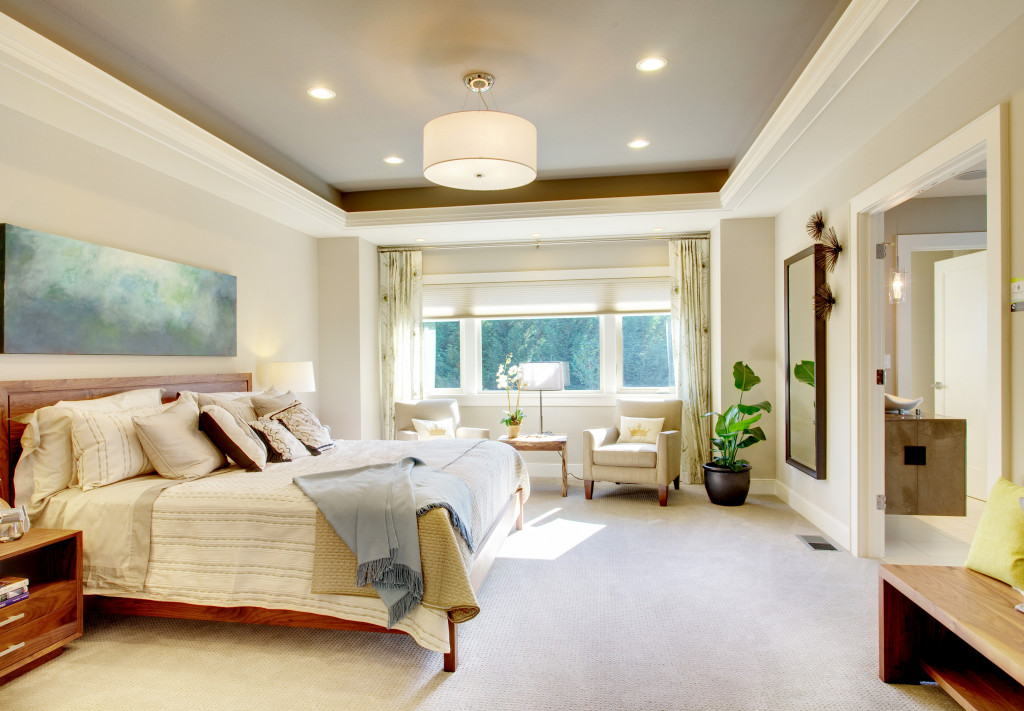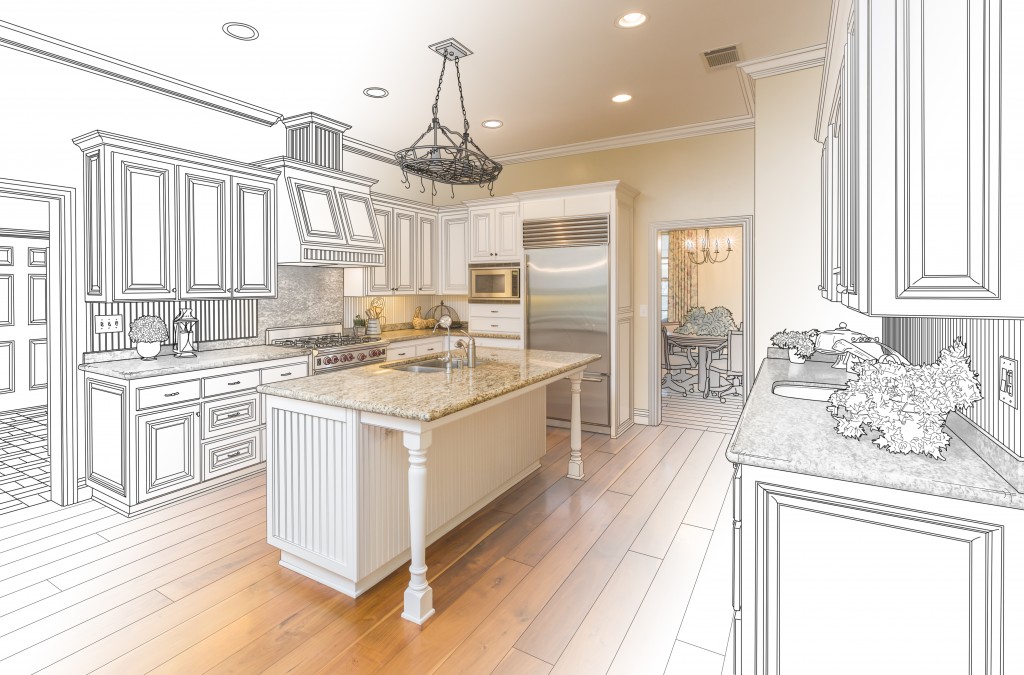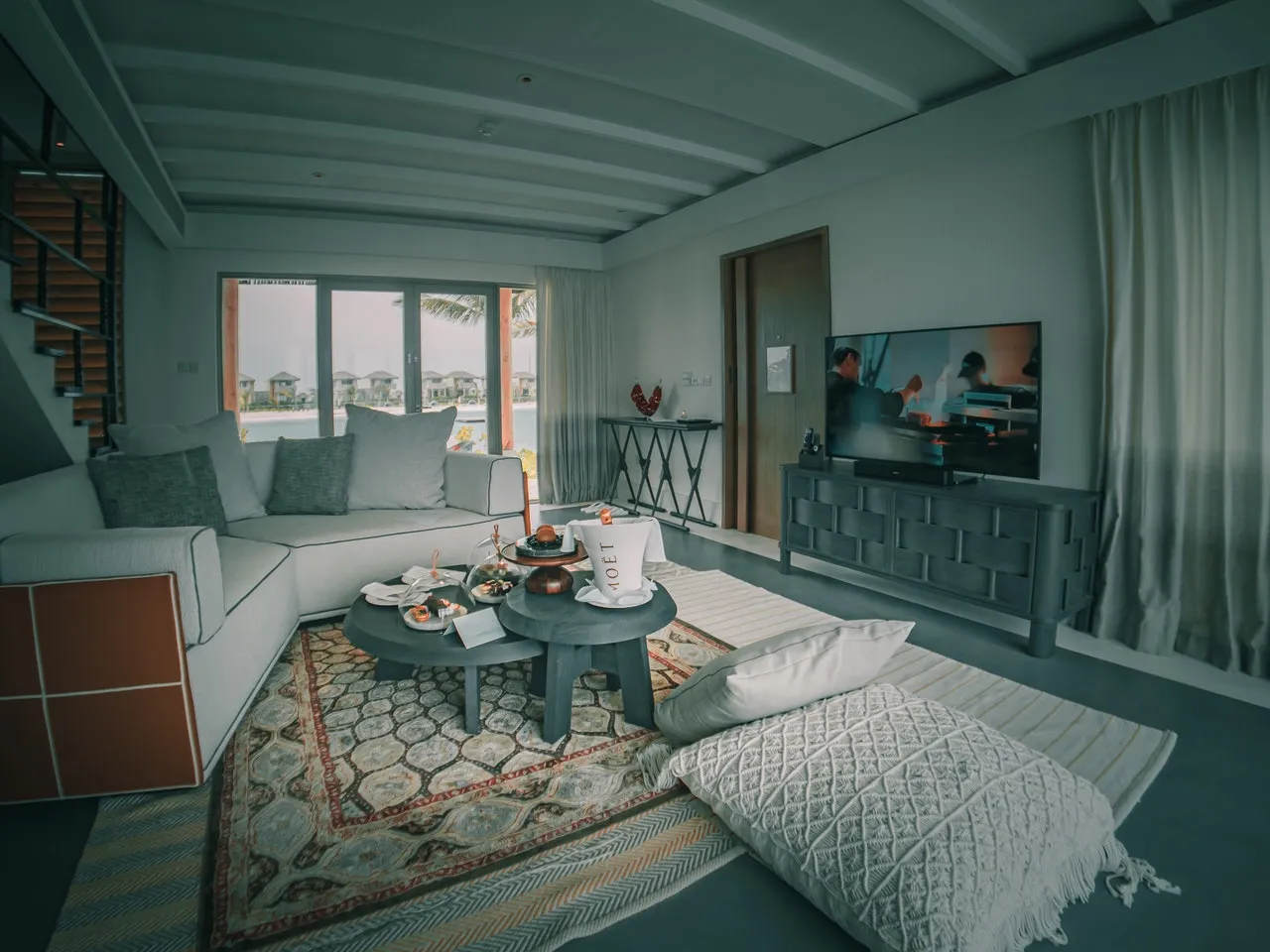Now that people are more likely to spend time at home, creating healing, peaceful, and happy places become more important. But how does one transform these areas without breaking the bank? Here are a few ideas:
1. Yard
The yards can provide a welcome respite from the monotony of the indoors without compromising privacy and health. They can spruce them up too to make them more suitable for fun and relaxation:
- Add some lights. Lights can help deter intruders, including wild animals, into the yard. They can also stimulate emotions. For example, softer lights may be more romantic than LEDs. They can also enhance the beauty of the space. There are garden lighting services available who can provide the supplies.
- Spread out a few chairs. Lounging in the yard than the beach may be the new norm for now. It pays to have some chairs outside. These will also encourage everyone to spend time outdoors, especially in the morning. Sunlight can help the body produce vitamin D, which may then strengthen one’s immune system.
- Grow food gardens. These days, it pays to be more self-sufficient and more sustainable. What better way to accomplish that to grow a food garden. Some nurseries may be offering seeds and soil. Families can make compost. For those lacking enough space, they can consider container gardening, rooftop gardening, vertical (wall) gardening, or raised-bed gardening.
2. Bathroom
For families with children, they can expect chaos to happen anytime at home. Parents, therefore, may end up looking for ways to catch a break. One of the ideal places to do that is the bathroom. To make it more conducive for stress relief, here are some ideas:
- Invest in waterproof Bluetooth. Blasting soft, instrumental, or classical music can help calm the mind. It can also regulate breathing, lowering the heart rate and blood pressure.
- Pour some fragrance oils into the bath. Smells from flowers such as lavender can be therapeutic. In a 2017 study, aromatherapy using this plant could help reduce feelings of anxiety.
- Declutter. According to an article by the World Economic Forum, clutter could affect the brain cumulatively. It could result in cognitive overload and decrease a person’s working memory.
3. Bedroom

One of the excellent ways to take care of the immune system is to get enough sleep. On average, that’s between seven and eight hours. Many Britons, though, get only about six hours. They may also be having less sleep due to anxiety and worry.
Now more than ever, families have to make bedrooms more inviting and pleasing to sleep in:
- Reduce the presence of electronics. The body’s circadian rhythm is sensitive to light. That of mobile devices can trick the brain into believing that it’s already morning. Different biochemical processes happen that prevent a person from falling asleep.
- Use block curtains. These curtains are usually thicker and heavier to prevent outdoor light, such as from lampposts, from getting into the room.
- Get that yoga mat on the floor. Some exercises may prepare the body for better sleep. One of these is yoga. It can help release muscle tension, slow down breathing, and relax the body. All these may hasten sleep.
- Buy a weighted blanket. Studies showed that a weighted blanket could help decrease anxiety since it creates the feeling of being hugged or cocooned.
These ideas may be simple, but they can provide high returns. These are peace, fun, and calm despite the ongoing trouble.


